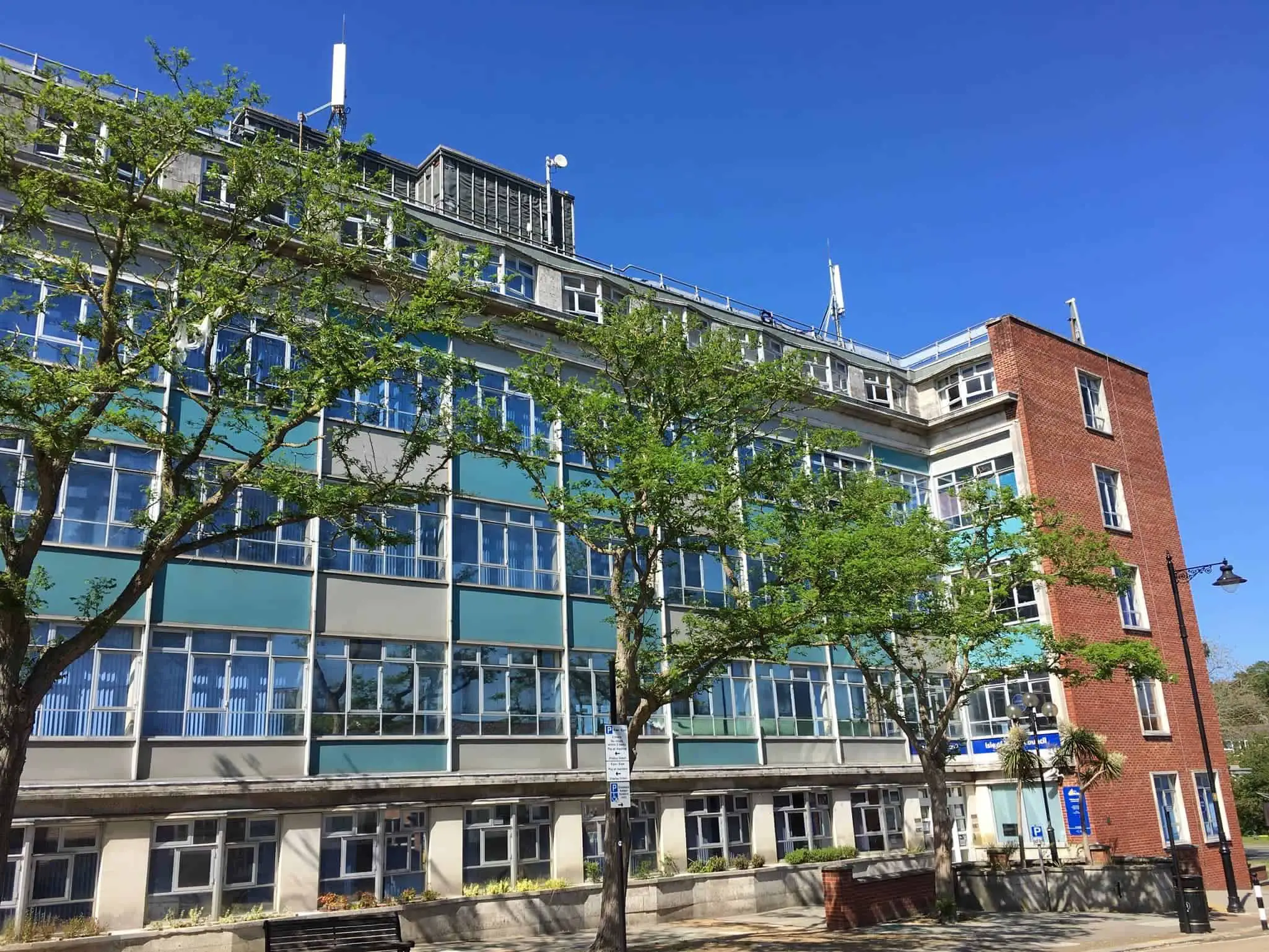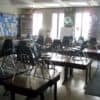The Isle of Wight Council is today (Wednesday) proposing consideration of the closure of six Island primary schools.
This difficult decision, driven by a severe decline in pupil numbers, follows extensive consultations and aims to start to address more than 2,300 unfilled primary school places across the Island due to a falling birth rate.
This will mean we can begin to improve the quality of education on the Island, in accordance with our Education Strategy, so as to support the futures of our young people and the future of the Island as a whole.
IWC must be transparent about challenges it faces
The council acknowledges the emotional impact this decision will have on the community should the recommendations go ahead. Thousands of parents, staff, and pupils have expressed their fears and deep affection for these schools. However, the council must be transparent about the challenges it faces.
Large surpluses of school places are causing significant financial problems, as schools are funded per pupil but many of their costs are fixed. This surplus is leading to underfunding, making it difficult to improve educational outcomes.
Consequently, governors and head teachers are forced to concentrate on day-to-day financial survival instead of focusing on improving standards. We must consider the bigger picture and the future of Island education for all children and young people.
The recommendations
It is being recommended that Public Notices are published in accordance with section 15 of the Education and Inspection Act 2006 to consider closure of:
- Cowes Primary School.
- Arreton St Georges Church of England Primary School.
- Brading Church of England Primary School.
- Godshill Primary School.
- Wroxall Primary School.
- Oakfield Church of England Primary School.
Additionally, it is also proposed that a Public Notice be published to establish a 12-place primary resourced provision for children with Autism Spectrum Condition (ASC) at The Bay CE School (Primary).
The reality of our situation
The number of births on the Island has now reached its lowest level since 1941.
Currently, the Island has 10,724 primary school places available, but the number of children needing these places is projected to fall significantly by 2027.
The overall number of primary pupils is forecast to decrease from 9,300 in 2017, to 7,640 in three years’ time.
This decline has led to substantial financial pressures, with funding for schools shrinking year on year. The ongoing trend indicates that by March 2027, 22 primary schools may face budget deficits, potentially amounting to a cumulative £7.4 million or more.
For every empty seat, schools lose about £4,500, affecting resources, opportunities and the quality of education children receive.
Falling rolls also make planning and staffing decisions difficult, with schools potentially having to cut essential support staff, directly impacting the quality of education and support for our children.
A call for leadership
Our dedicated school leaders have long highlighted these issues, urging the council to take decisive action. They have warned that keeping too many schools open risks condemning our children to a mediocre education.
A recent review by the Local Government Association (LGA) also supports our decision to consider school closures as a way to address these issues, stating that maintaining too many schools with too few pupils is unsustainable.
A painful but necessary decision to consider
No responsible council can allow such a situation to continue.
Primary school results on the Isle of Wight are among the worst in the country, with one in three children below their reading age when they reach secondary school.
In July, the council’s new education department published a draft of the Island’s first comprehensive Education Strategy — an ambitious blueprint to transform our school system from one that consistently underperforms, to one that provides a world-class education.
The decisions we are facing today are difficult and painful, but they are necessary to achieve this ambition and ensure our schools can provide the support and quality education that all children on our Island deserve.
Should the proposed closures proceed, we are committed to supporting every family through this transition and ensuring that every child can thrive in their new school environment.
A brighter future for our schools
While these changes are challenging, they are essential for creating a better-funded, more sustainable primary school system.
Our goal is to ensure every school on the Isle of Wight can offer a full and supportive education to all pupils, preparing them for a successful future.
As part of this work, we are also identifying positive opportunities to expand the provision of high-quality education for children with special educational needs and disabilities (SEND), which is so desperately needed on the Island.
A follow-up report will be presented to the Cabinet early in the new year, detailing proposals for expanding Special Educational Needs Provision across the Island.
Bacon: These recommendations are made with a very heavy heart
Councillor Jonathan Bacon, Cabinet member for children’s services, explained,
“We understand the deep connections our communities have with these schools.
“These recommendations are made with a very heavy heart, but we must take action to build a brighter future for our children.
“By using our resources more effectively, we can better focus on improving the educational outcomes for our children rather than just maintaining school buildings.
“Our children are the future adults of the Island. A high-quality education is essential for a better future for individuals and society as a whole.
“The recommendations in this report offer the best chance to secure long-term educational improvement and financial stability for families and schools.”
What happens next
A report outlining the recent consultation responses received and information gathered will be taken to Cabinet on 12th December 2024 to decide if the proposals should continue to the formal statutory consultation stage.
If approved, statutory Public Notices would be published early in the new year. This is a four-week period in which any representations can be made to the local authority. A final report would then be taken to the Cabinet.
Any proposed closures or changes would be implemented for 31st August 2025.
News shared by Isle of Wight council press office, in their own words. Ed





